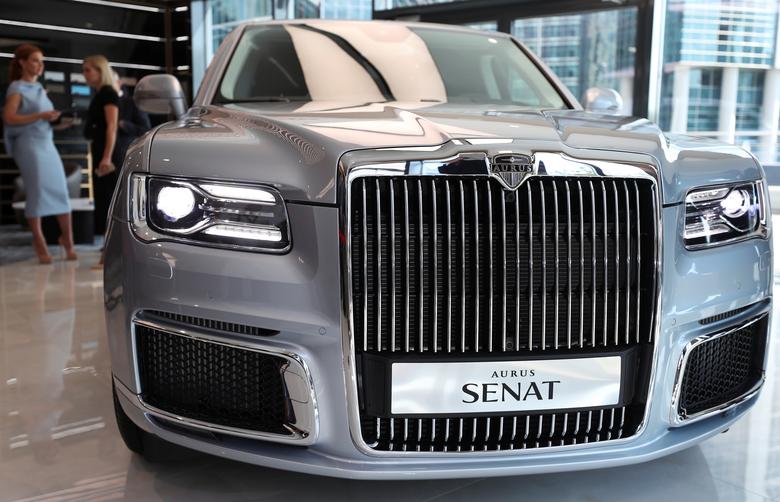People gather near an Aurus Senat car during a ceremony to launch the sales of Russia’s very first luxury automobile brand Aurus at an official showroom in Moscow, Russia August 23, 2019. [Evgenia Novozhenina, Reuters] Hundreds of wealthy Kenyans have been kicked out of the dollar millionaires’ club due to the impact of Covid-19 on their liquid asset value, a new report shows.
Kenya’s growing class of high-net-worth individuals (HNWIs), whose wealth exceeds Sh109 million ($1 million), dropped by 22 per cent in 2020, said the Knight Frank Wealth Report.
The billionaires or ultra-high-net-worth individuals (UHNWIs) whose liquid assets are more than Sh3.3 billion ($30 million) fell by 15 per cent.
The number of HNWIs fell by 912 last year to 3,323 while billionaires reduced from 106 to 90 in the period under review. Read More
Currency shifts against the dollar and softening property prices were some of the key reasons for the wealth depreciation.
“Covid-19 remains the biggest worry for Kenya’s wealthy,” said Knight Frank Managing Director Ben Woodhams after the release of the report yesterday.
The report that tracks how the rich spend and invest their money showed that extremely wealthy individuals continued to lose the value of their assets for the second year running on the back of an economic downturn pre-Covid 19.
But the number of dollar millionaires is expected to rise by 46 per cent in the next five years while the ultra-rich are expected to increase by 110 per cent, said Knight Frank.
Diversify portfolios
Mr Woodhams explained that the super wealthy made their money through diversification of their portfolios, which range from global stocks, equities, venture capital and real estate.
He also noted that they had invested in long-term assets able to weather financial storms, and they made riskier bets than the typical investors due to their huge capital.“In any time of disruption there’s huge amount of opportunity and people who are wealthy are used to finding those opportunities. With risk comes reward.“Wealthy people have capital and can afford to invest in risky rewards. They can afford to lose it, with some of those rewards being fantastic and others not,” said Woodhams.The report shows that 17 per cent of the super-rich in Kenya were planning to buy a new home in 2021. “The pandemic is super-charging demand for locations that offer green spaces as more people are increasingly focused on wellness as they spent a great deal of 2020 at home, […]
